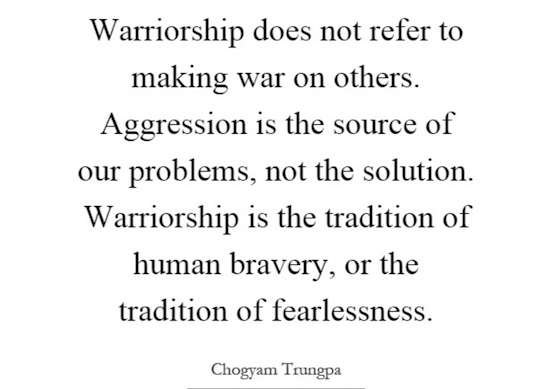I’m extending that point to us–
when we hate hate, we all lose.
Too many Twitter, Instagram, Facebook Activists fight Injustice, create further Aggression.
Activism is synonymous, these days, with aggression. From the left, from the right.
It shouldn’t be. The lineage of civil disobedience and non-aggressive activism runs from the Buddha and Jesus, to Gandhi through Thoreau through MLK, Jr., Cesar Chavez and Thich Nhat Hanh, and the Dalai Lama, Nelson Mandela. All have concluded that love is active, not just passive.
Do you believe God is love? Do you believe love conquers all?
Recently, a wonderful, progressive, equality-fighting-for friend of mine tweeted something about embracing rage. I get it: “If you’re not angry, you’re not paying attention” is hard to argue with, these days.
I tweeted back to her: embracing rage? Activism—hell yes. Aggression creates aggression, however. Love is stronger than hate, and it can be active, not passive.
“True nonviolent resistance is not unrealistic submission to evil power. It is rather a courageous confrontation of evil by the power of love, in the faith that it is better to be the recipient of violence than the inflictor of it, since the latter only multiplies the existence of violence and bitterness in the universe, while the former may develop a sense of shame in the opponent, and thereby bring about a transformation and change of heart.”
~ the Reverend Martin Luther King, Jr.
Or, as Chögyam Trungpa Rinpoche urged us, never give up on anyone.

Bio: Thich Nhat Hanh One of the best known and most respected Zen masters in the world today, poet, and peace and human rights activist, Thich Nhat Hanh (called Thây by his students) has led an extraordinary life. Born in central Vietnam in 1926 he joined the monkshood at the age of sixteen.
The Vietnam War confronted the monasteries with the question of whether to adhere to the contemplative life and remain meditating in the monasteries, or to help the villagers suffering under bombings and other devastation of the war. Nhat Hanh was one of those who chose to do both, helping to found the “engaged Buddhism” movement. His life has since been dedicated to the work of inner transformation for the benefit of individuals and society. In Saigon in the early 60s, Thich Nhat Hanh founded the School of Youth Social Service, a grass-roots relief organization that rebuilt bombed villages, set up schools and medical centers, resettled homeless families, and organized agricultural cooperatives. Rallying some 10,000 student volunteers, the SYSS based its work on the Buddhist principles of non-violence and compassionate action. Despite government denunciation of his activity, Nhat Hanh also founded a Buddhist University, a publishing house, and an influential peace activist magazine in Vietnam.
After visiting the U.S. and Europe in 1966 on a peace mission, he was banned from returning to Vietnam in 1966. On subsequent travels to the U.S., he made the case for peace to federal and Pentagon officials including Robert McNamara. He may have changed the course of U.S. history when he persuaded Martin Luther King, Jr. to oppose the Vietnam War publicly, and so helped to galvanize the peace movement. The following year, King nominated him for the Nobel Peace Prize. Subsequently, Nhat Hanh led the Buddhist delegation to the Paris Peace Talks...For More.


 Share on bsky
Share on bsky




Read 5 comments and reply